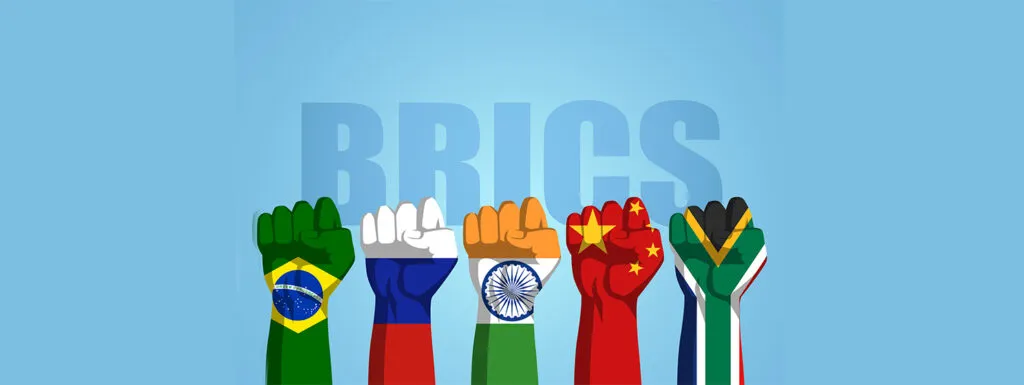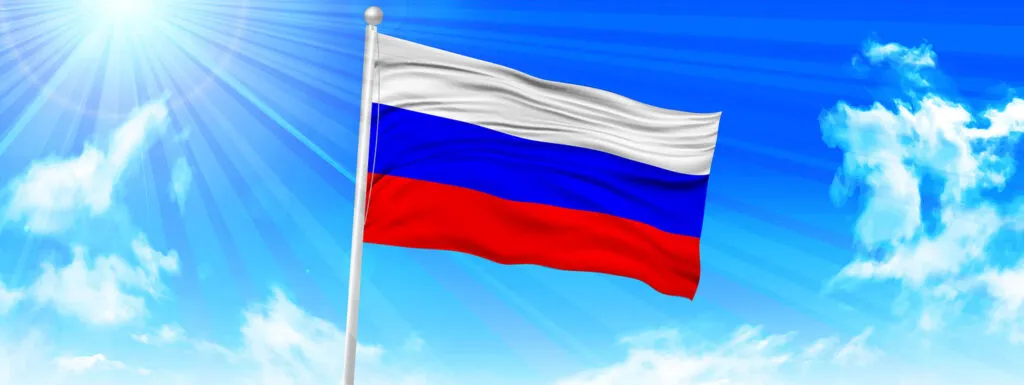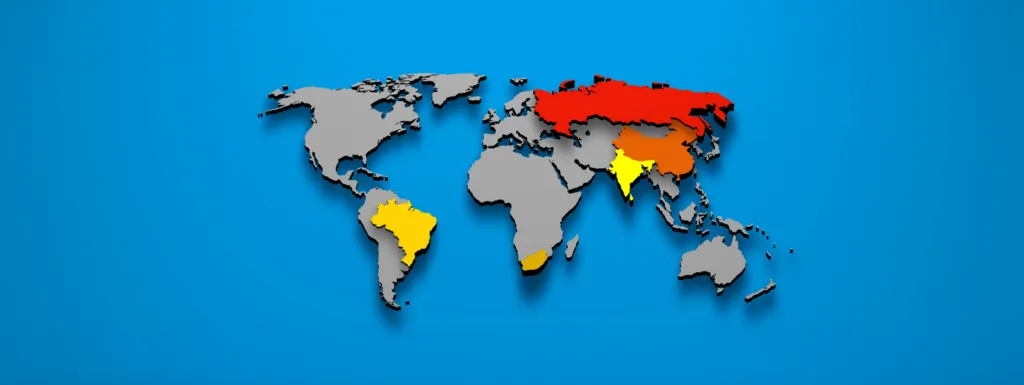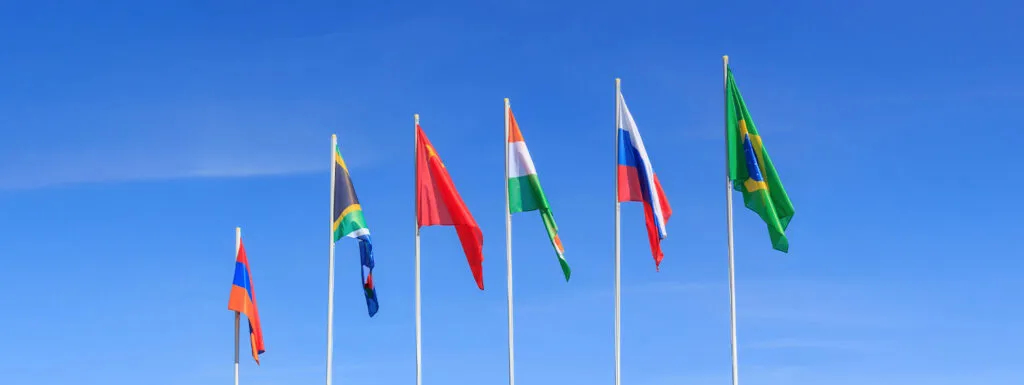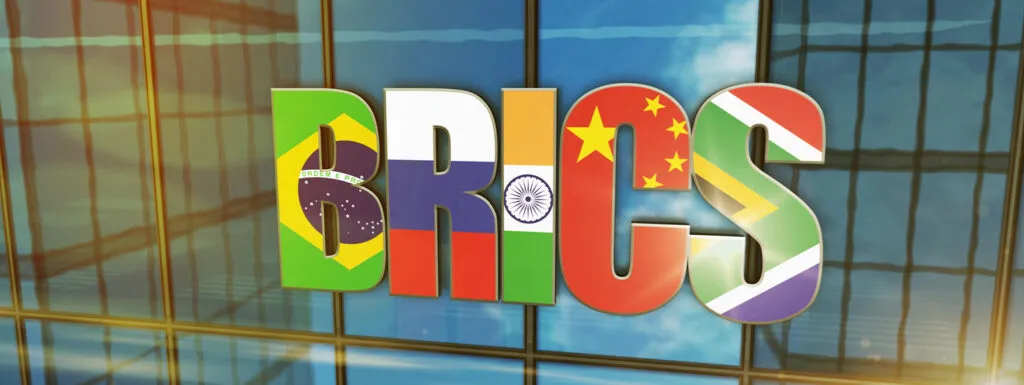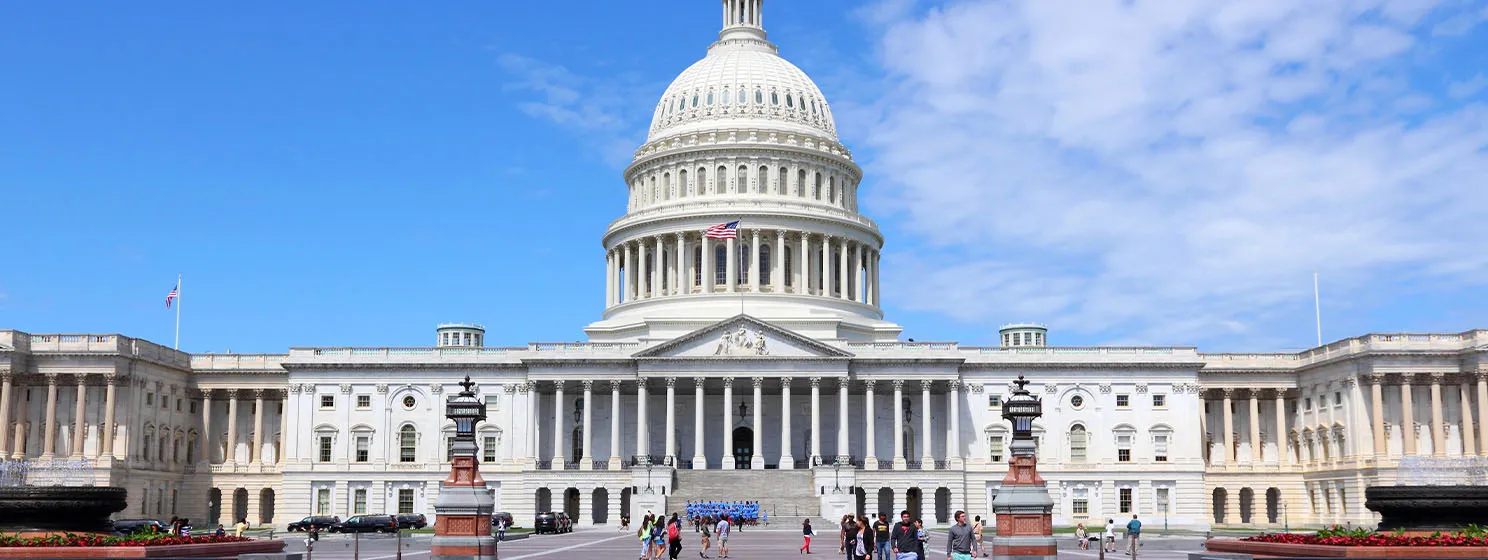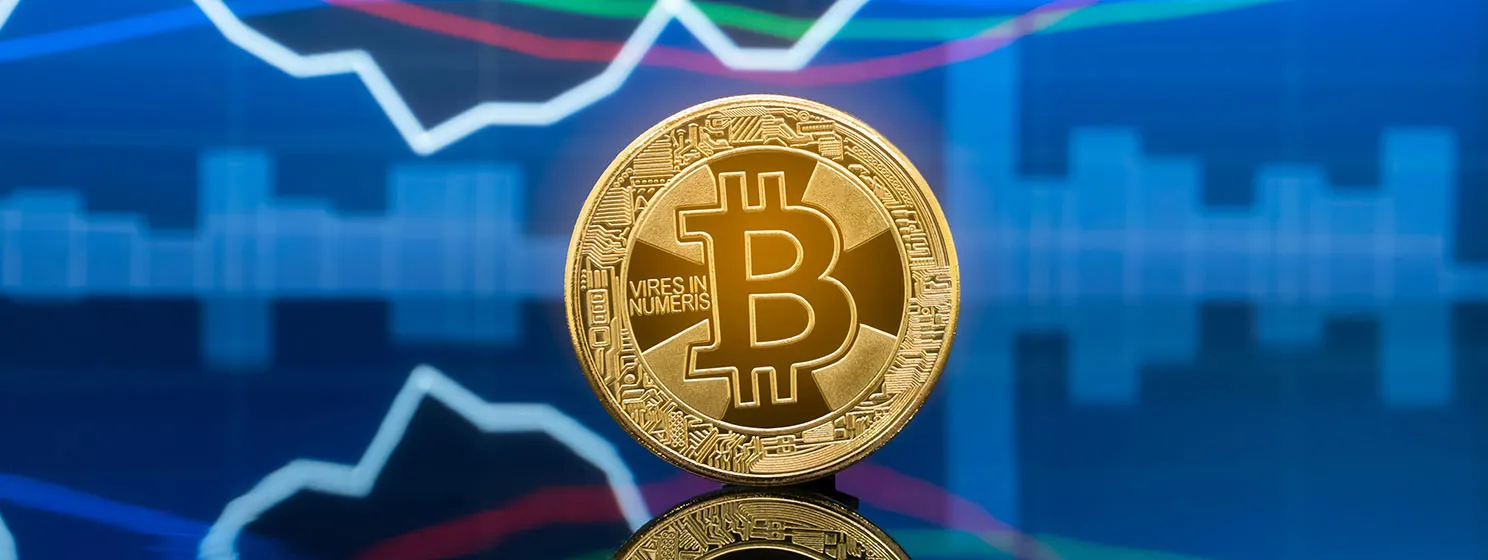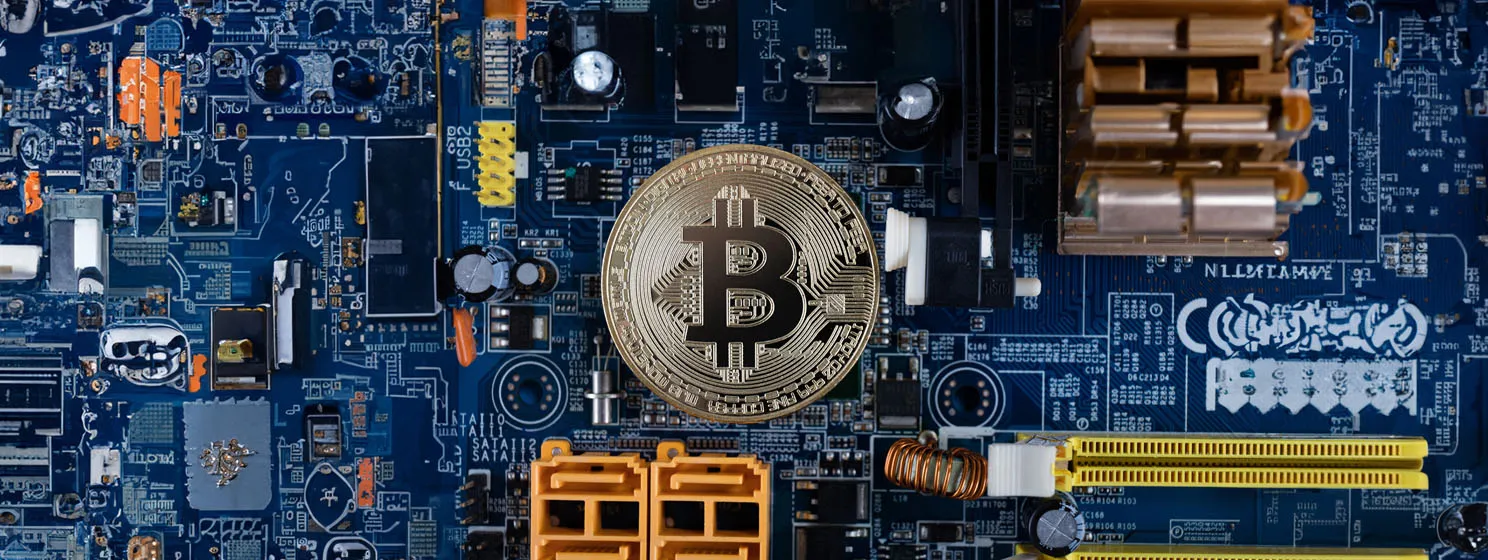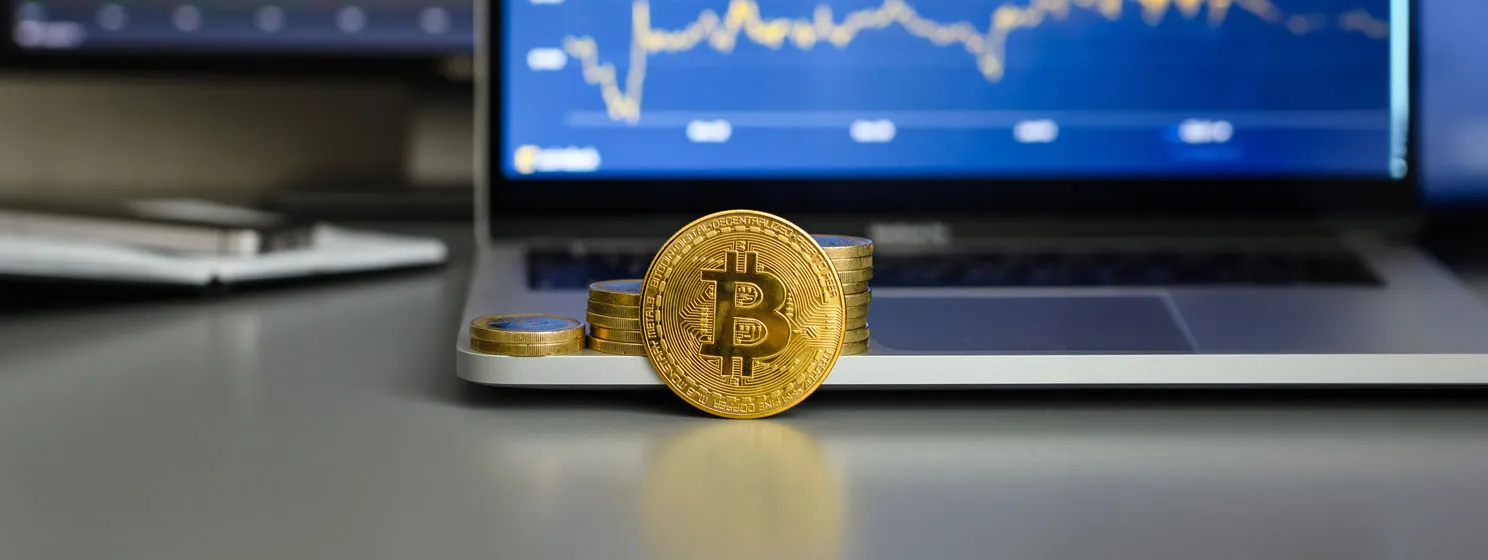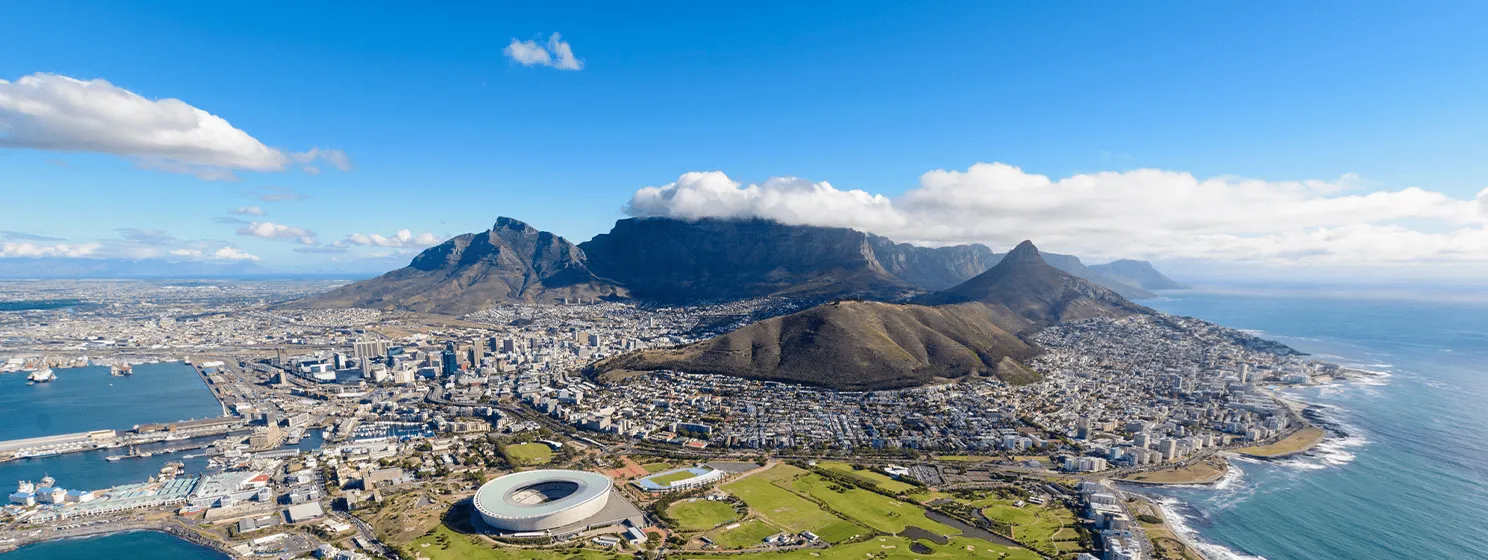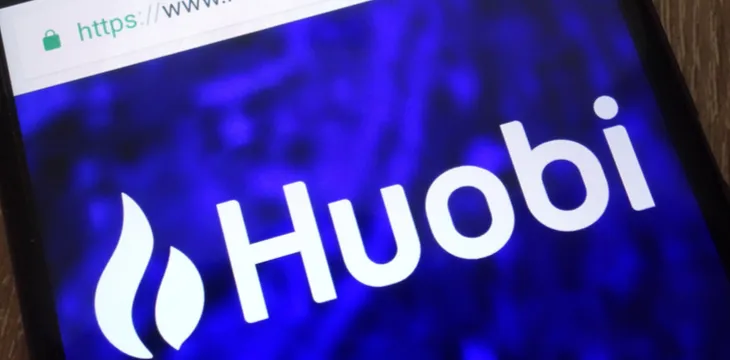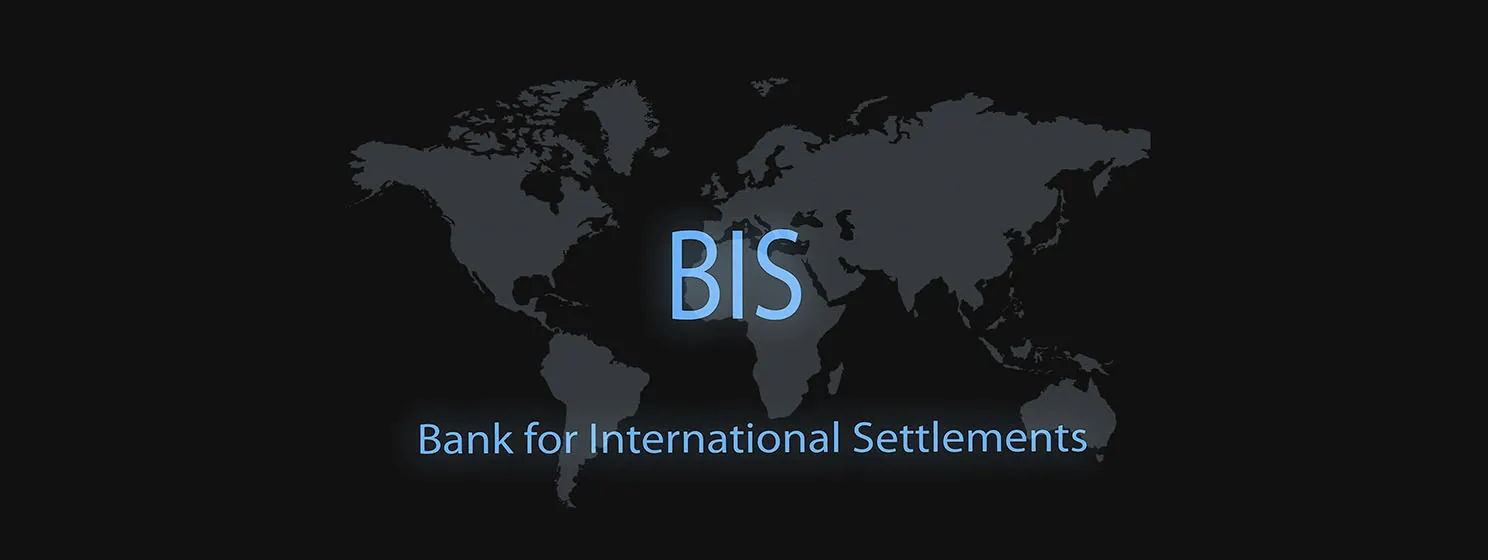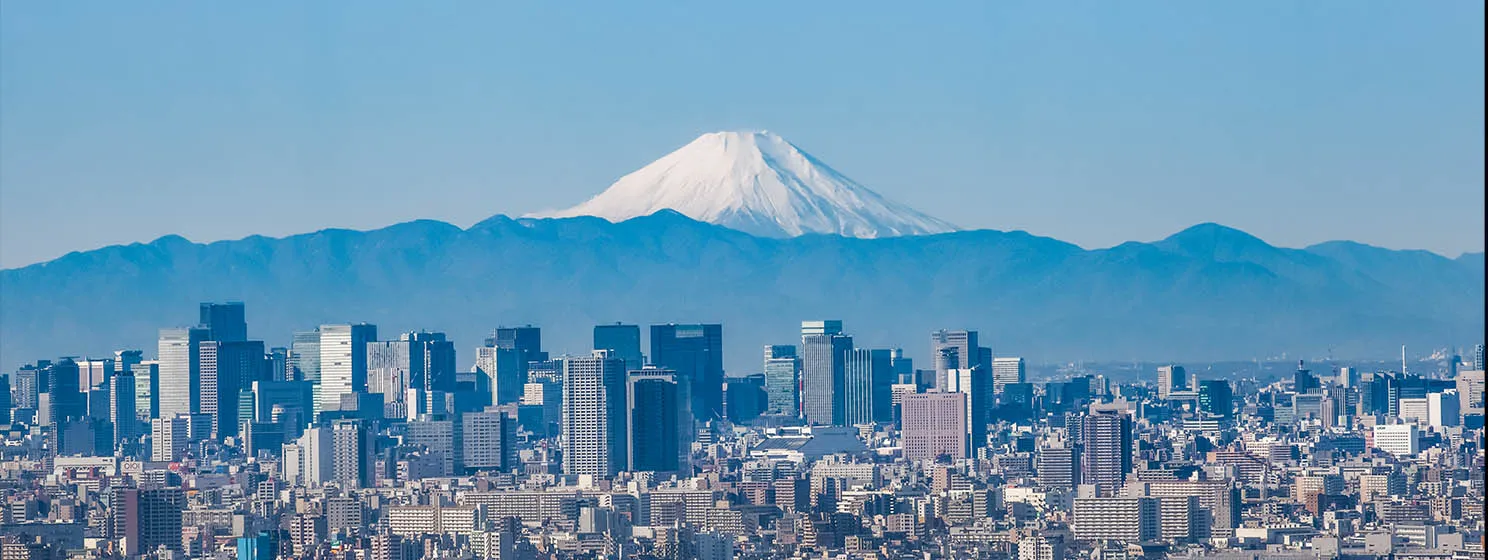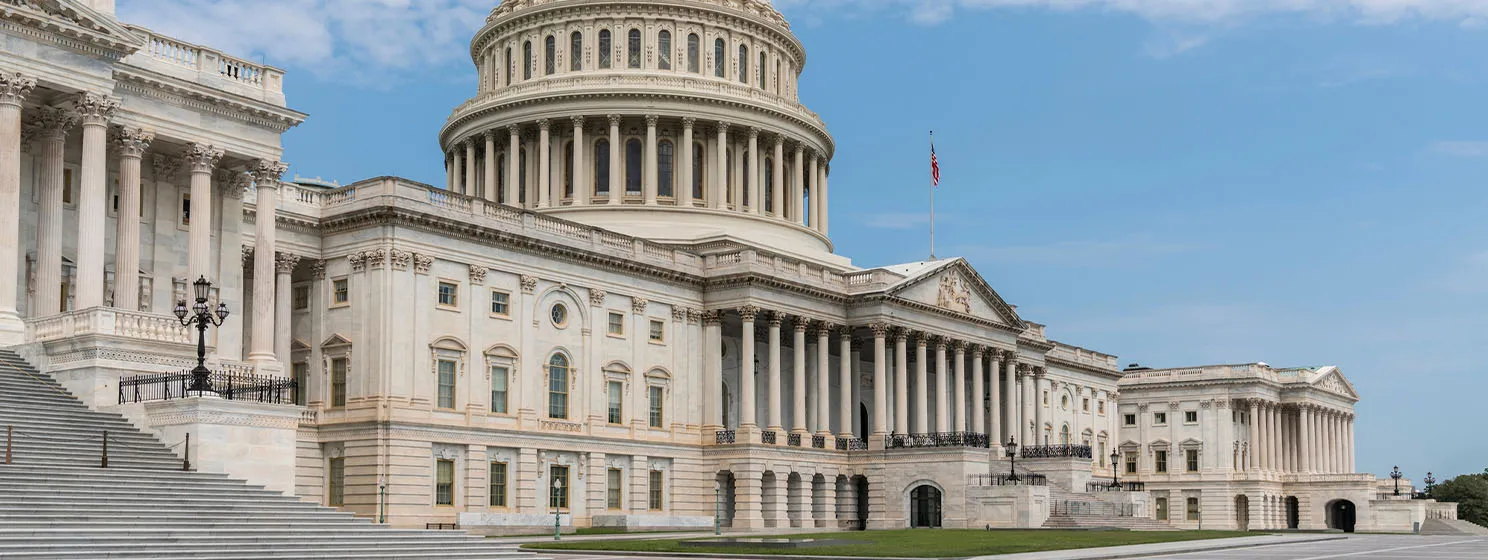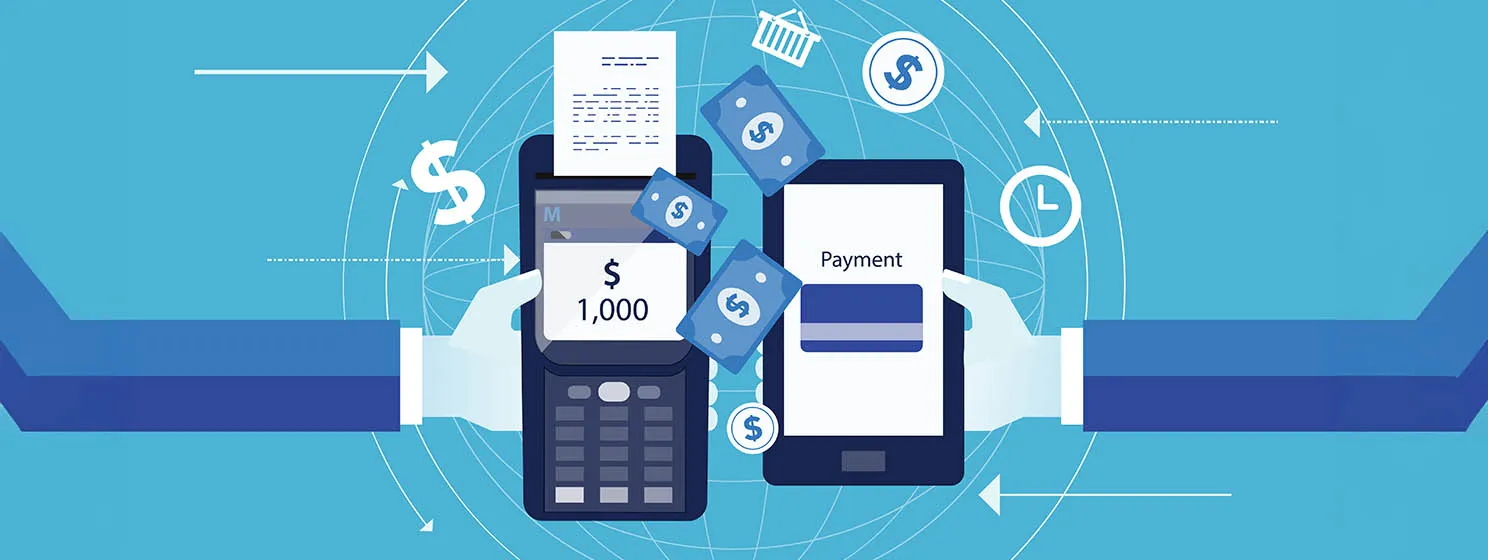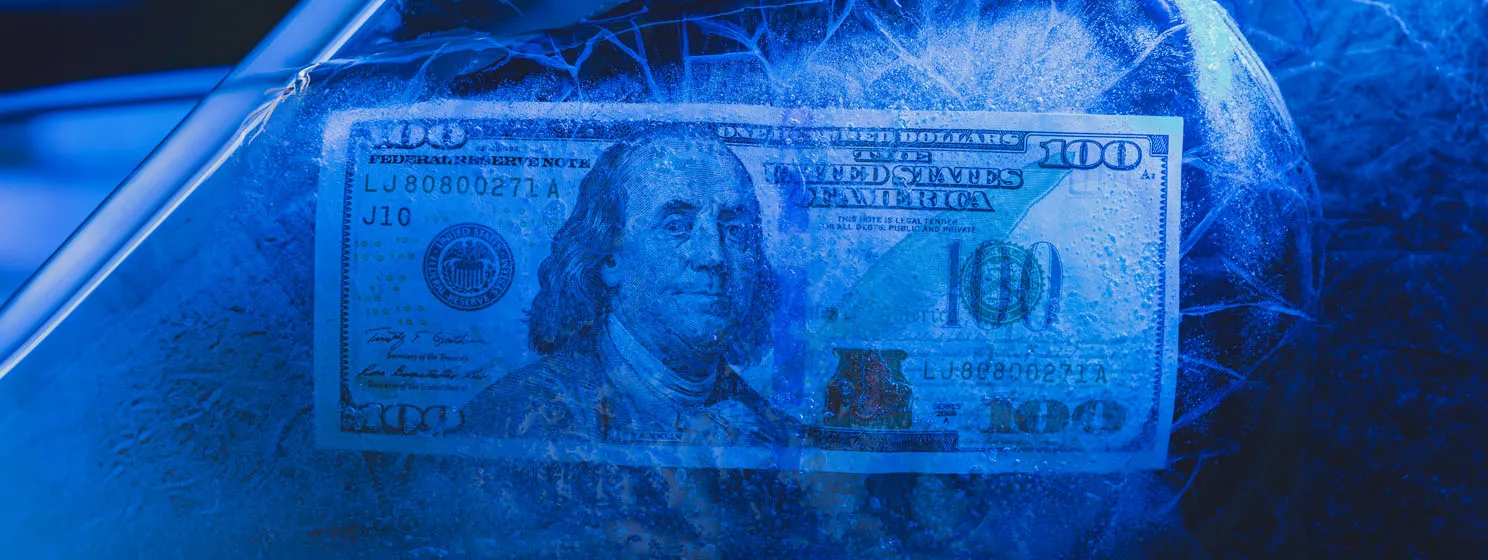
Vladimir Putin
The realpolitik behind Russia’s digital currency pivot
Russia is embracing digital assets; the question now is: which other nations will follow, and what happens when they do?
BRICS challenges the world order and blockchain will play a role
BRICS is at its full-steam ahead on de-dollarization, and its members are looking for alternatives to the Western financial system.
Russia now treats digital assets as property as CBDC faces delay
Russia's new law caps the tax on digital asset profits at 15%; meanwhile, the Trade Ministry argues that retail outlets...
Is mBridge linked to the long-awaited BRICS payment solution?
A week after the BRICS Summit in Kazan, the BIS handed over the mBridge cross-border settlement system to the central...
BRICS members call for independent payment methods
Eager to quash the dollar's global dominance, leaders of BRICS member states reconvened for a Summit in Kazan to push...
It looks like there won’t be a BRICS currency yet
Last week, Brazil called for increased use of national currencies among members, while the Bank of Russia released a paper...
Recent
Trending
Most Views

 07-13-2025
07-13-2025 

